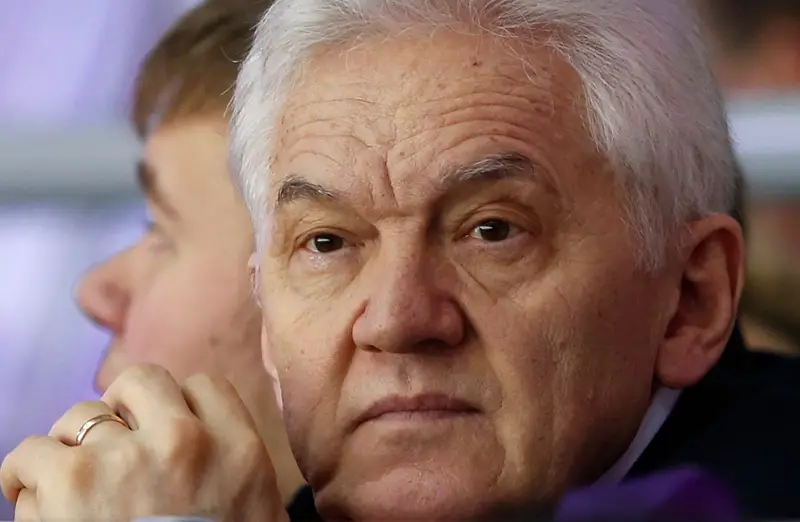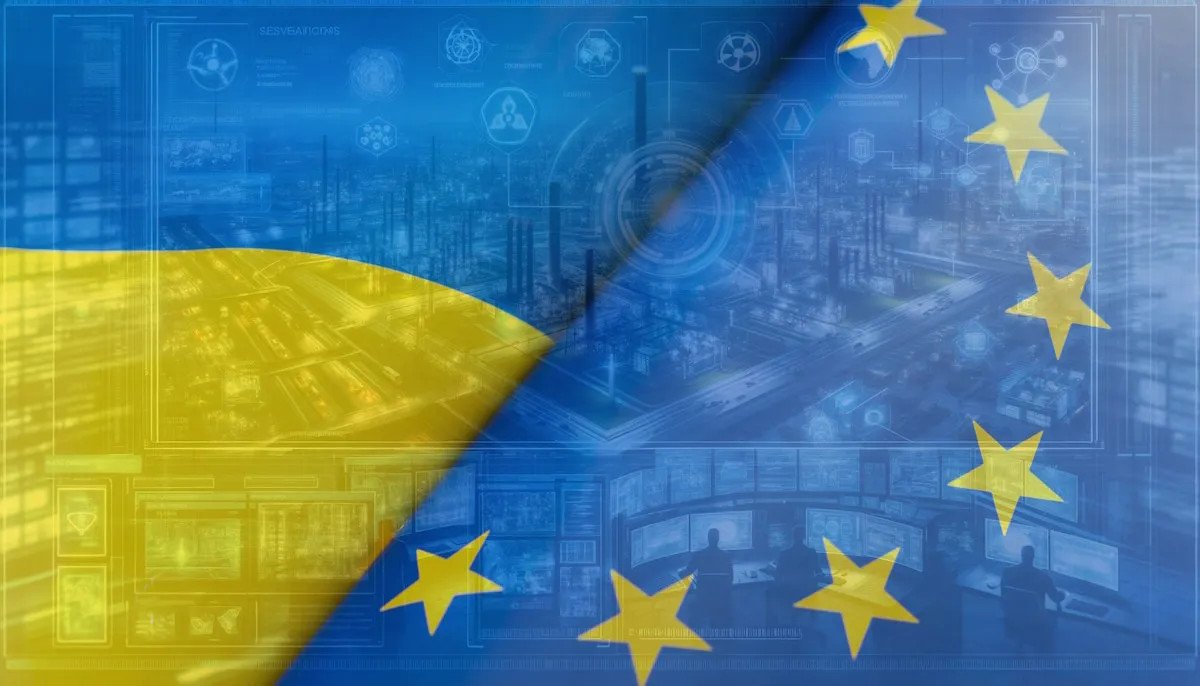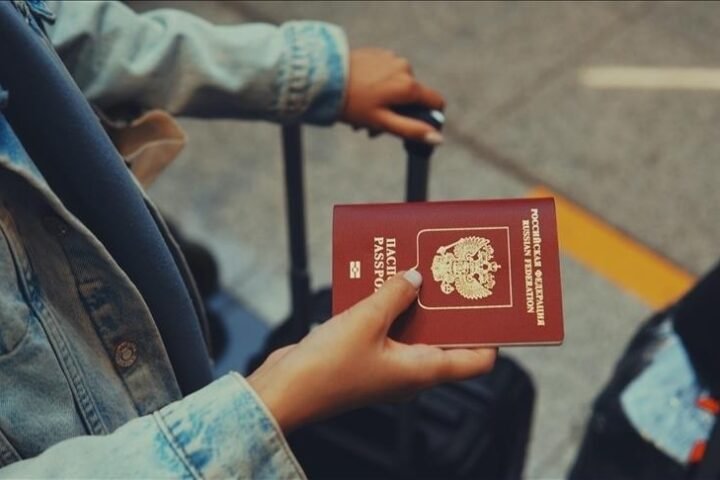The European Union’s General Court in Luxembourg has dismissed a legal challenge by Russian oligarch Gennady Timchenko and his wife Elena to remove them from the bloc’s sanctions list, reinforcing the EU’s ongoing effort to penalize high-level enablers of the Kremlin.
Court affirms personal and financial ties to Russian regime
On August 1, 2025, the EU court ruled against the couple’s appeal, citing their close association with Russian President Vladimir Putin and their financial entanglement through a joint fund that extends beyond mere marital ties. The decision followed a prior legal opinion issued on July 10 by the court’s Advocate General, who argued that there were no valid grounds to lift the restrictions and advised rejecting Elena Timchenko’s separate complaint on similar grounds.
As a result, the court not only upheld the restrictive measures but also ordered the couple to pay legal costs. The original sanctions were imposed under the EU’s regime targeting individuals and entities involved in actions that threaten Ukraine’s sovereignty and territorial integrity.
The court’s decision was reported by Deutsche Welle, underscoring the EU’s resolve to maintain pressure on Russia’s elite power base.
Sanctions seen as strategic leverage against Putin’s inner circle
Western governments continue to use targeted sanctions as one of the few non-military tools capable of undermining the financial and political structure that supports Vladimir Putin’s regime. Measures against oligarchs, generals, and top executives of state-owned corporations are designed to weaken the regime’s economic foundation and provoke internal fissures among the Russian elite.
By hitting the personal fortunes and business empires of Putin’s confidants, sanctions generate both material and reputational consequences. They also serve as a symbolic reminder that association with an aggressive, lawbreaking regime carries tangible costs.
US lawmakers push for tougher sanctions framework
Calls for stronger sanctions are gaining momentum in the United States. Senator Richard Blumenthal has urged Congress to vote on new legislation that would increase sanctions pressure fivefold, arguing that “this is what it will take to help end the war.” Even former President Donald Trump, who has voiced skepticism over sanctions’ effectiveness, recently acknowledged that restrictions will be tightened unless Moscow agrees to a peace deal with Kyiv.
While such measures may not yield immediate results, their cumulative impact is evident: Russia is forced to spend heavily on circumventing restrictions, faces mounting difficulty accessing global financial markets, and continues to suffer reputational damage.
Russia’s economy weakened but not collapsed
Sanctions imposed by Western democracies and partners such as Japan, South Korea, Taiwan, and others have yet to collapse the Russian economy. Still, they have rendered it poorer, technologically backward, and increasingly reliant on countries like China, the UAE, India, and Turkey. Moreover, the Kremlin’s need to fund its war machine has intensified under sanctions, further limiting fiscal flexibility and access to critical resources.
Experts argue that future efforts should focus on closing remaining loopholes — targeting Russia’s shadow fleet, enforcing secondary sanctions on third countries facilitating sanctions evasion, and blocking Russian financial infrastructure and payment systems. They also recommend strict bans on the export of high-tech and dual-use goods, as well as oil and gas extraction equipment that Moscow cannot produce domestically.
In the broader strategic context, sanctions remain a vital tool to constrain Russia’s ability to sustain its military aggression, disrupt Europe’s security architecture, and suppress political autonomy in neighboring states.









